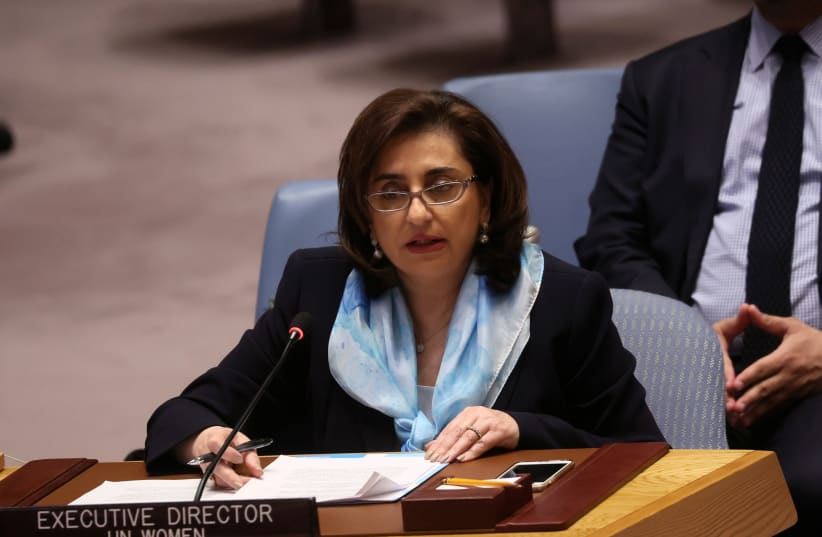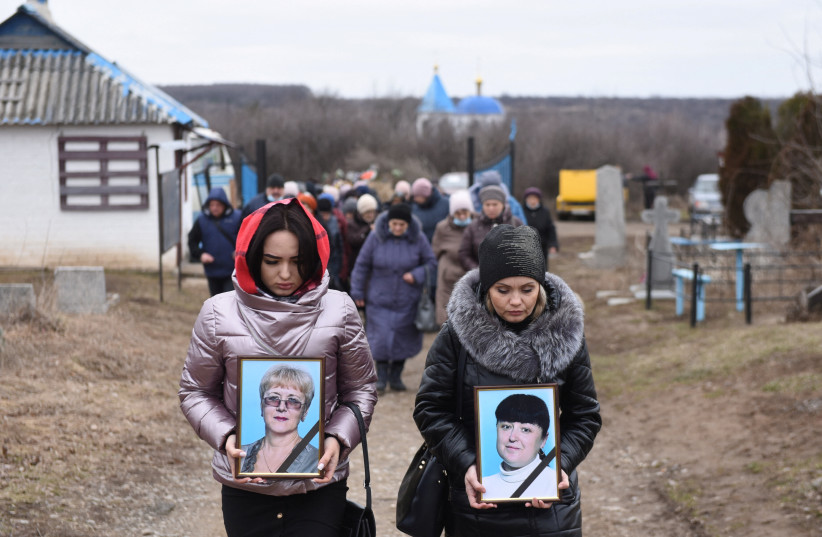In a world where attention often veers away from the struggles of the oppressed and marginalized, October 7 serves as a reminder of the consequences when we collectively choose silence. On this day, instances of violence, particularly against women, reverberated globally, prompting us to confront the harsh realities of our era.
As the world contends with the looming threat of aggression from state actors, Russia’s actions in Ukraine draw parallels with those of Hamas, warranting a deeper examination of our collective response, or lack thereof.
The feminist movement now finds itself at a pivotal moment.
Violence against women has been normalized
Despite making notable progress in certain areas, it has yet to adequately address and confront the normalization of violence against women on the international stage. October 7 is a call to action to dismantle the structures perpetuating this violence and ensure the rights and dignity of all women, regardless of geopolitical contexts.
October 7 serves as a stark reminder of the interconnectedness of global conflicts and their impact on societal norms, particularly regarding the treatment of women and the apparent stagnation of feminism. It illustrates the repercussions of aggressive acts, especially those perpetrated by state actors, on international norms and human rights.
The parallel strategies employed by Russia in its military aggression in Ukraine and those by Hamas, influenced by Russia’s actions, indicate a troubling acceptance of violence.
This normalization of violence against women by Russia has emboldened other global actors, with historical examples such as Chechnya, Serbia, and Moldova providing a grim blueprint for aggression. The use of violence as a strategic tool to destabilize regions poses a significant threat not only to immediate victims but also to fundamental principles of international law and human decency.
The hypothesis that the Kremlin has used Hamas’ actions to gauge the West’s tolerance for aggression is alarming and revealing. It suggests a calculated use of violence to destabilize and undermine the international order. This strategy, though not new, takes on a more sinister dimension in the context of Ukraine, emphasizing the urgent need for a robust and unified response to such tactics.
It is imperative to reflect on the consequences of inaction and the implicit messages conveyed by the global community’s failure to decisively counteract these trends. The silence and lack of decisive action targeting violence against women in Ukraine, Israel, and Palestine indicate a broader failure, not only in protecting women’s rights but also in advancing feminism and human rights amidst rising authoritarianism and aggression.
The feminist movement faces a critical juncture. Despite significant achievements, it has not adequately addressed the normalization of violence against women on the international stage. This failure necessitates introspection and evolution.
The current state of the feminist movement appears mired in addressing the systemic and pervasive nature of violence against women globally.
This violence undermines the foundation of equality and justice that feminism seeks to establish. Acts of violence in conflict zones, where women’s bodies are often used as battlegrounds for psychological warfare, have not received the condemnation and action they warrant from the global feminist community.
The urgency for the feminist movement to evolve and adapt has never been more apparent. This evolution must involve a recalibration of strategies and priorities, with a renewed focus on influencing global policies and societal norms to combat the normalization of violence against women. Feminism must extend its reach beyond traditional areas of gender equality to address the root causes and enablers of violence against women.
To influence global policies, the feminist movement must forge stronger alliances across borders, transcending geopolitical divisions, to present a united front against the oppression of women. This requires engagement with international institutions, leveraging social media and technology to amplify silenced voices, and advocating for the implementation of existing international legal frameworks.
The movement must champion a more inclusive feminism that acknowledges and addresses the intersectionality of gender, race, ethnicity, and class in the context of violence. By doing so, feminism can broaden its appeal and relevance, ensuring it speaks to the experiences and struggles of women in all their diversity.
October 7 serves as a reminder of the work ahead, prompting us to confront uncomfortable truths about the state of feminism and the fight against violence toward women.
It is time for the feminist movement to introspect, innovate, and emerge more resilient and focused. Only then can we hope to dismantle the structures perpetuating violence and ensure the rights and dignity of all women, regardless of geopolitical landscapes.
The fight against the normalization of violence against women is not just a feminist issue; it is a measure of our humanity and the values we uphold. Let us rise to this challenge with courage and determination.
The writer is director of the Russian Democratic Society, one of the central voices of the Russian opposition based in the UK.

